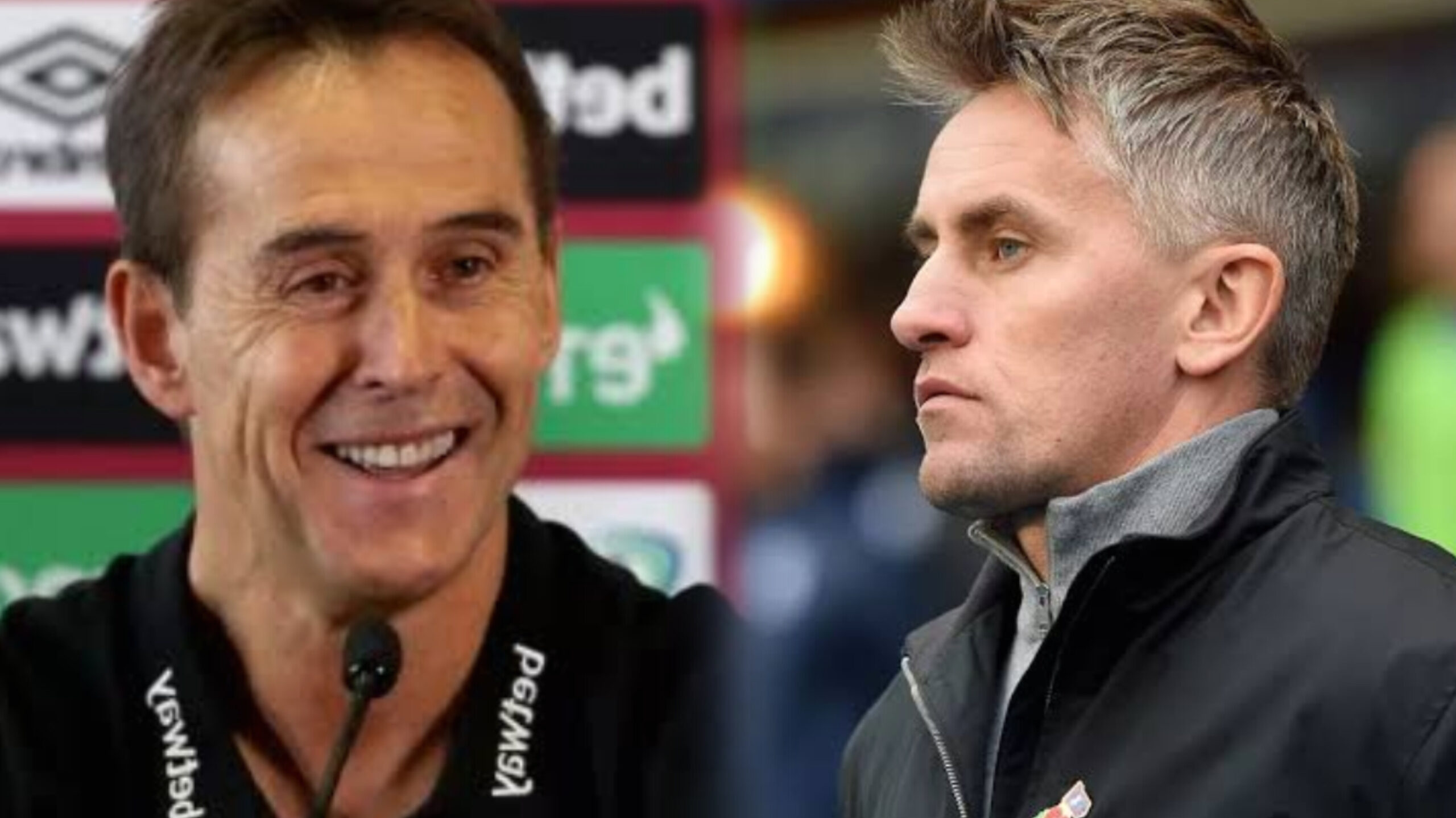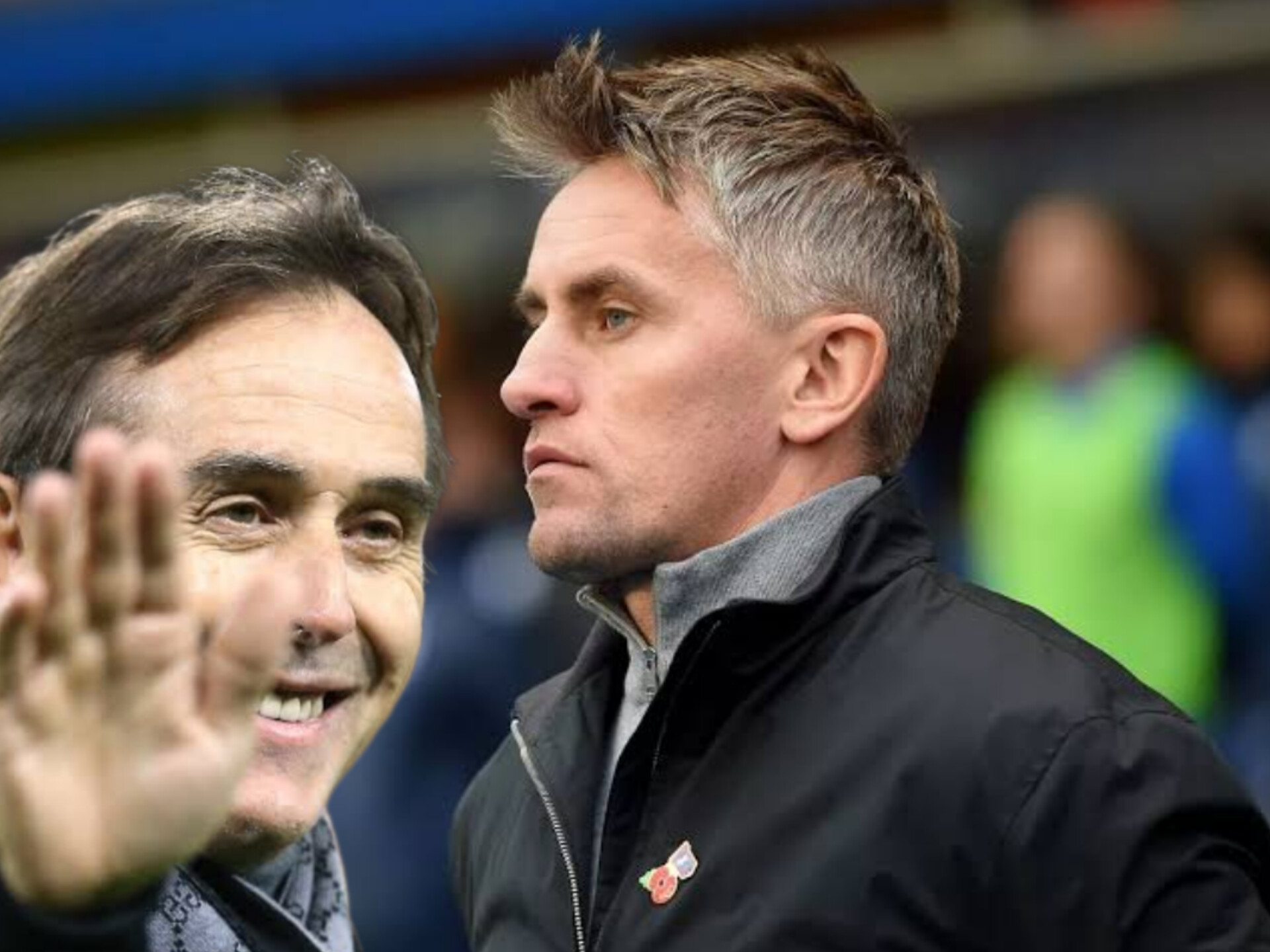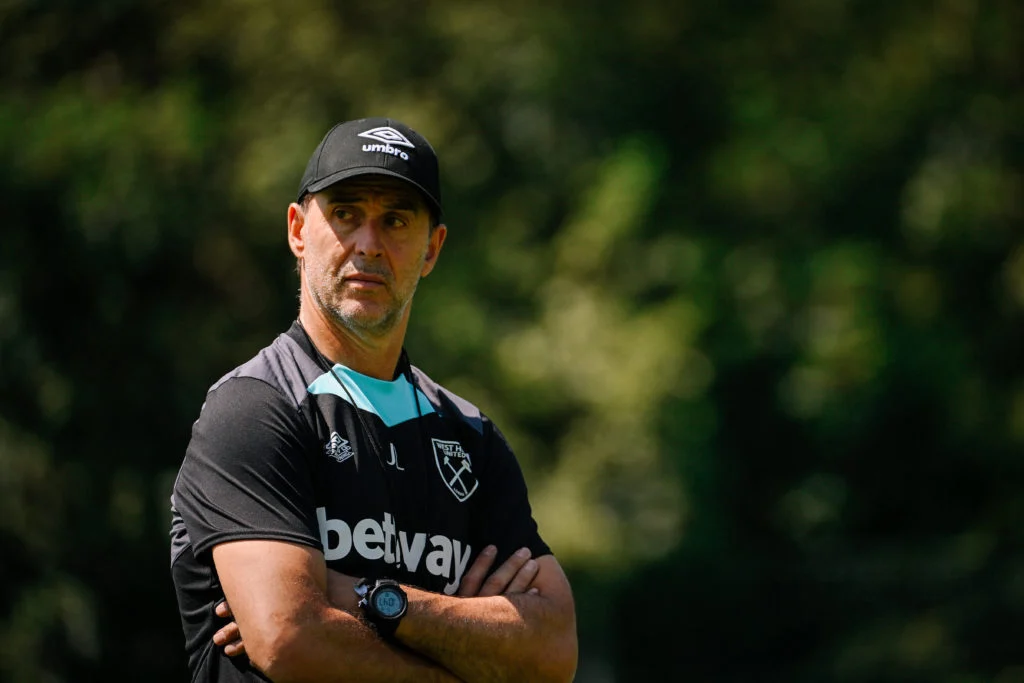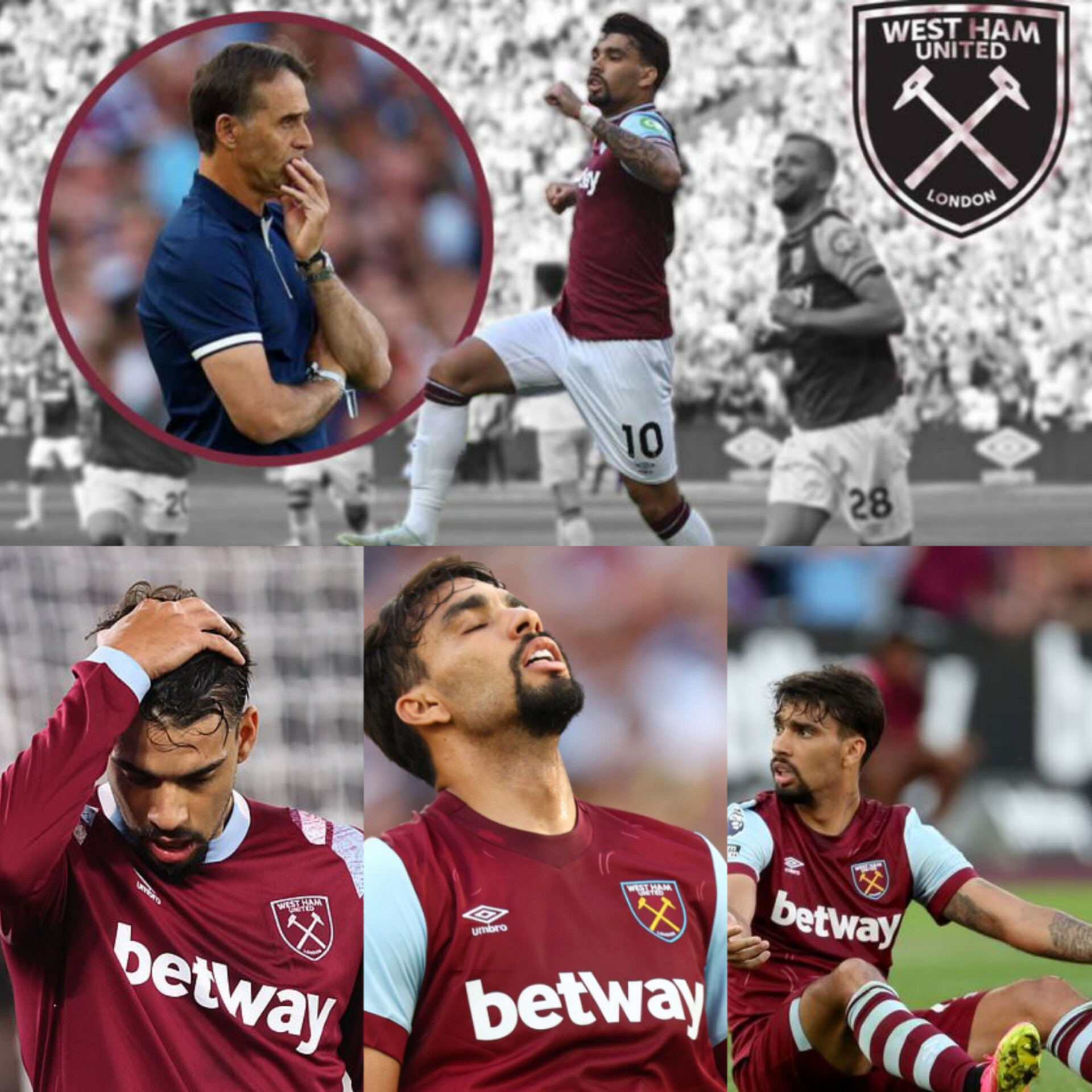In the lead-up to the highly anticipated match between West Ham United and Ipswich Town at the London Stadium, Ipswich manager Kieran McKenna displayed a commendable level of professionalism and respect. He openly acknowledged the formidable challenge that lay ahead for his team, expressing genuine admiration for their opponents. This pre-match demeanor painted McKenna as a manager with a clear understanding of the task at hand and a healthy respect for the competitive nature of the sport.
However, the aftermath of the match revealed a starkly different side to McKenna, as West Ham emerged victorious with a resounding 4-1 scoreline. Rather than maintaining his earlier composure and offering a balanced post-match analysis, McKenna appeared to let his emotions dictate his response. Instead of acknowledging West Ham’s superior performance or reflecting on areas where his own team could have improved – of which there were many – he opted to make some rather contentious claims about West Ham’s style of play.
McKenna’s post-match comments were particularly eyebrow-raising. He stated, “I think we conceded poor goals at poor times. It’s the first team in the league that we’ve faced with that style, really. They played a lot of direct balls to Antonio and Soucek. We didn’t deal with those well enough, and we made some poor mistakes for the goals that made the game difficult.” These remarks seem to suggest that West Ham’s victory was more a result of a direct, long-ball style of play rather than tactical superiority or skillful execution.
However, this characterization of West Ham’s performance appears to be at odds with what actually transpired on the pitch. All four of West Ham’s goals were the product of well-crafted, intricate play – a far cry from the direct, long-ball tactics McKenna alluded to. In fact, this match marked a significant milestone for West Ham under manager Julen Lopetegui, as it was perhaps the first time his preferred style of play was fully on display. This style is characterized by quick, ground-based passing sequences that prioritize maintaining possession and creating opportunities through clever movement and positioning.
It’s worth noting that McKenna’s comments about long balls to players like Michail Antonio and Tomas Soucek aren’t entirely baseless. These tactics do form a part of West Ham’s strategic arsenal, and rightly so given the physical attributes and aerial prowess of these players. However, to reduce West Ham’s entire performance to this single aspect of their play seems both reductive and inaccurate.
The reality of the match was that Ipswich Town found themselves thoroughly outplayed in every aspect of the game. They struggled to cope with West Ham’s superior tactics, individual quality, and overall game management. It appeared that Ipswich were out of their depth against a West Ham side that executed their game plan to near perfection.
McKenna’s post-match comments, therefore, come across as somewhat of a deflection tactic – an attempt to shift focus away from his team’s shortcomings and onto perceived flaws in West Ham’s approach. While it’s understandable for a manager to want to protect his team after a heavy defeat, resorting to what could be perceived as cheap shots or inaccurate criticisms of the opposition’s style of play is generally frowned upon in professional football.
Such comments not only fail to address the real issues that led to Ipswich’s defeat but also potentially undermine McKenna’s credibility. When a manager’s post-match analysis is clearly at odds with what transpired on the pitch, it can raise questions about their tactical understanding or their ability to objectively assess their team’s performance.
In conclusion, while McKenna is certainly entitled to his opinions and has the right to express them, the disconnect between his comments and the actual events of the match is stark. Moving forward, a more productive approach might involve a honest assessment of where Ipswich fell short and how they can improve, rather than attempting to diminish the quality of West Ham’s performance with claims that don’t align with the reality of the match. Such an approach would likely serve both McKenna and Ipswich Town better in the long run as they navigate the challenges of their league campaign.






